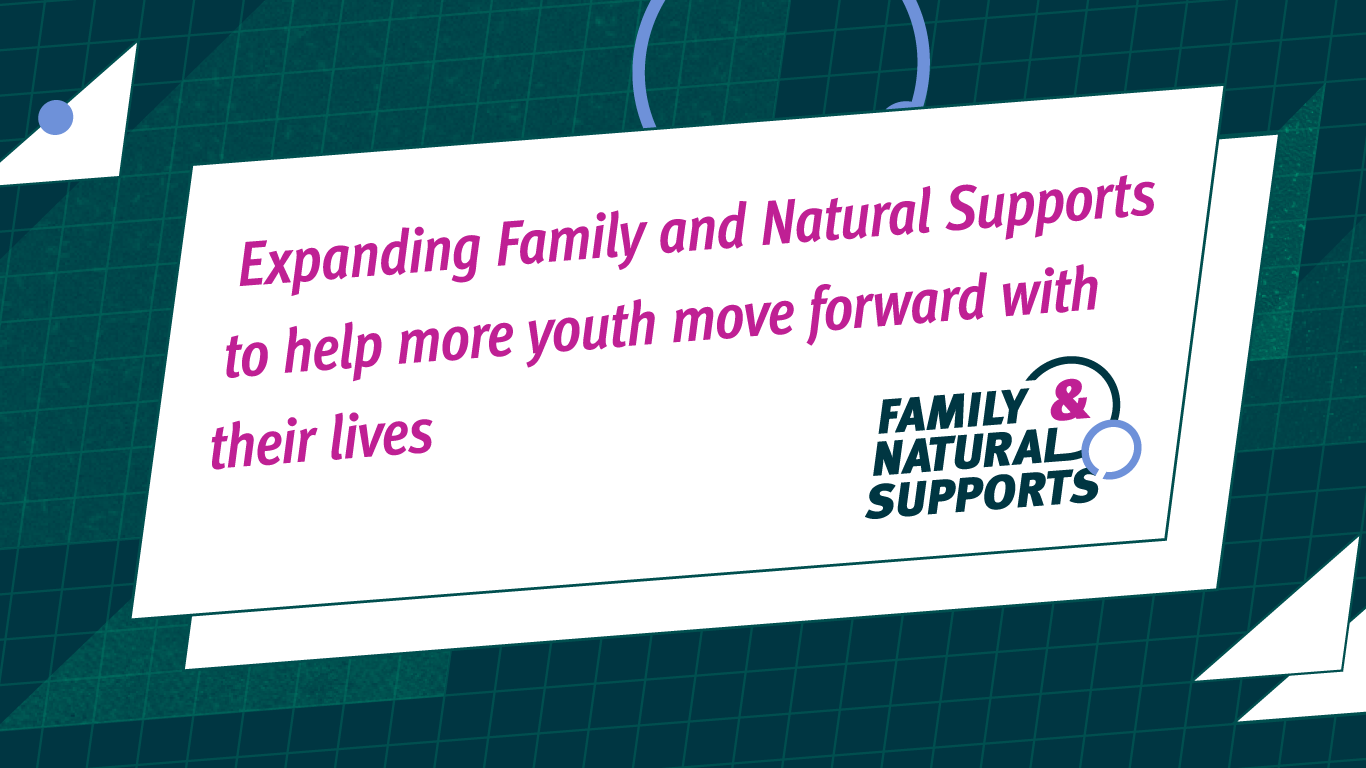A staggering 40% of young people in Canada who are currently homeless had their first experience before the age of 16. Family members and members of their extended support network, such as a teacher, coach or Elder, can play a crucial role in preventing or ending their homelessness.
For most young people, there is at least one adult in their lives who is important to them and cares about them. The Family and Natural Supports (FNS) approach was developed to help young people who are homeless − or at risk of becoming homeless − strengthen their relationships with family and other meaningful adults. By building up a young person’s support network, we can in turn enhance their mental health and well-being while equipping them with the necessary resources to stay in school, access training, and attain employment as they move into adulthood.
Since 2017, our Making the Shift Youth Homelessness Demonstration Lab has been implementing FNS across eight sites in Alberta and Ontario. Our learnings have allowed us to strengthen the program and practice model and build evidence around the value and universal application of the FNS approach.
With support from the Public Health Agency of Canada, we arescaling up FNS across 10 sites in four provinces, with more than 300 youth plus their families expected to take part. The 18-month-long project will be delivered through a partnership between A Way Home Canada, the Canadian Observatory on Homelessness (COH), and the National Learning Community on Youth Homelessness, as well as dozens of community partners. The project will result in the development of training and tools to help others implement FNS in their communities.
We also anticipate this project will play a major role in community responses to mental health. During the COVID-19 pandemic, we surveyed homeless youth-serving agencies and found the crisis disproportionately affected young people. Service providers reported increasing concerns about mental health and substance use among youth, with youth self-reporting a significant increase in feelings of isolation (91%), anxiety (85%), depression (71%), increase in symptoms related to pre-existing mental health conditions (67%), suicidal ideation (36%) and self-harm (25%).
Introducing FNS can create the foundation needed for communities to respond to the current and emerging mental health needs of youth. By involving young people’s families, with the right supports, we can prevent them from experiencing homelessness, keep them connected to community and school, and create a network of support they can draw upon throughout their life.
To learn more about the FNS approach and how to implement it in your community, download Family and Natural Supports: A Framework to Enhance Young People’s Network of Support.
Homelessness has long been considered a public health issue. With this new opportunity, we can fully demonstrate the linkage between prevention-based practice and positive mental health/community level outcomes!


